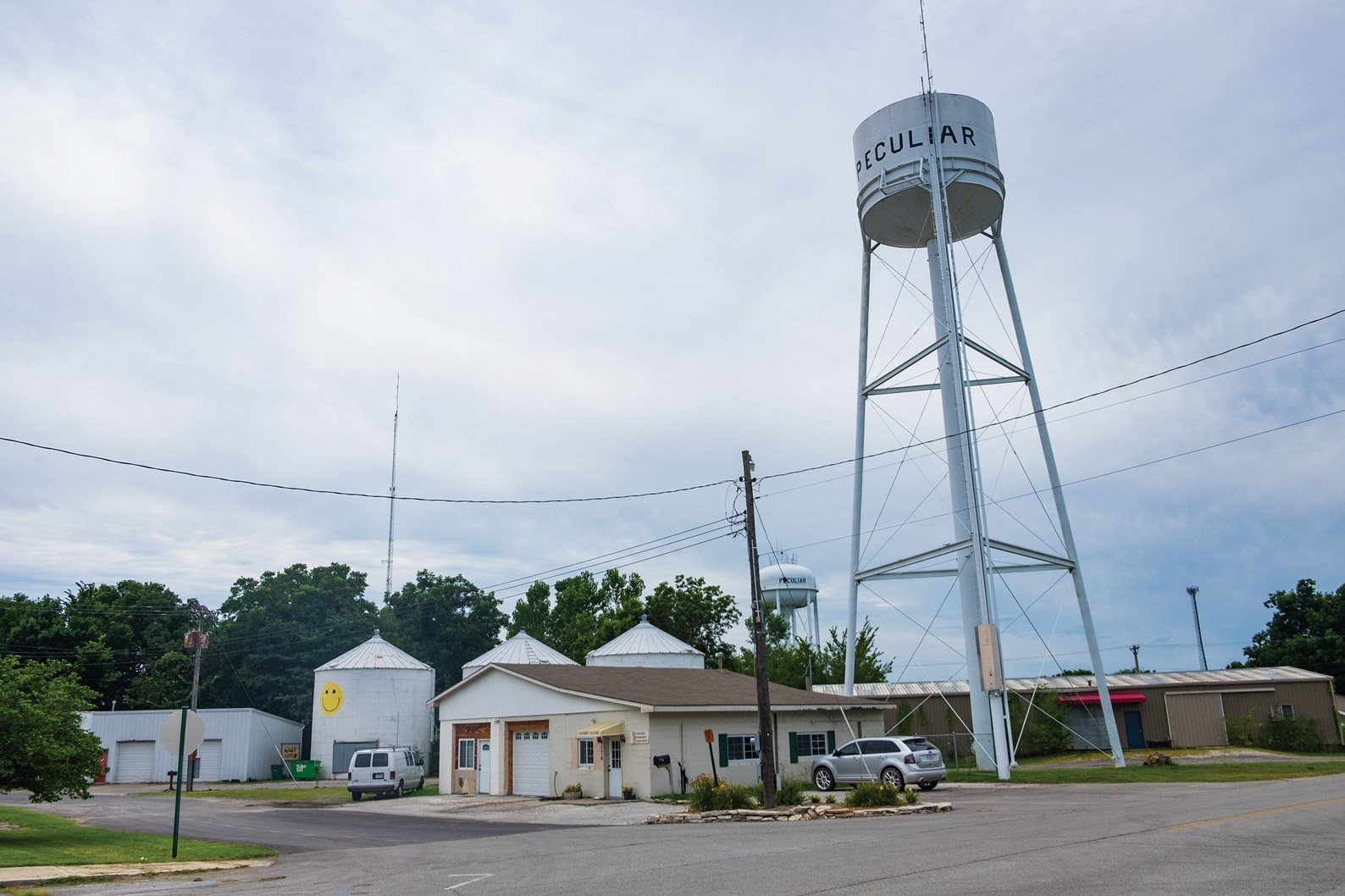Whether she’s Europe or doing interviews with magazines like Vogue, Angel Olsen confounds people when they discover she’s from St. Louis.
“I think people are surprised at first, and they don’t know where to place me,” she says. “‘So, is it a city or is it the country? Is it the middle of nowhere?’ ”
In February 2014, the Missouri native released a stellar folk rock album, Burn Your Fire for No Witness, to wide critical praise. It topped many music publications best of the year list. Perhaps that’s because the album is a solid collection of songs that span the spectrum of human emotion. Or perhaps it’s because Angel’s music has such a universal appeal, it could only come from a humble, grounded Missourian. Growing up in Richmond Heights and Maplewood, Angel came from a working-class family in a blue-collar neighborhood.
“I wouldn’t say I was poor, but I grew up under the middle class,” she says. “I visit my parents all the time, and you can see it in Webster Grove and all of these changing areas. They are investing in the strip finally, and they’re attracting more people. When I was growing up, you just hung out with the neighborhood kids and ran around like a little neighborhood rat.”
As a teenager, Angel discovered STLPunk—a primitive social media site dedicated to music—and began making friends and exploring the music scene. Although she enjoyed concerts, the young musician couldn’t find her place in the broader scene. She was too young to play the twenty- one-and-over rock clubs, too sweet to play the Lemp Arts Center, and too ambitious for house shows.
For Angel, her only place of musical refuge was the street, specifically Delmar Boulevard outside of Vintage Vinyl. Her music would find a home on the road, but the Gateway City was the spark for her career.
“If I wouldn’t have had that experience, I wouldn’t have moved out of St. Louis and really tried to make music and play music in general,” she says. “I think there were a lot of different factors for me wanting to leave. I definitely didn’t want to work in a grocery store the rest of my life.”
Angel moved to Chicago in 2007 to pursue music as a career. There, she became a member of acclaimed artist Bonnie “Prince” Billy’s band, and eventually, had enough songs to release her debut, Strange Cacti, in 2011, followed quickly by Half Way Home in 2012. Both albums have an avant-garde quality that appeals to critics, but they’re also stripped-down, bare, and deeply rooted in Americana.
Since then, Angel has changed. Burn Your Fire is a full-on rock album. However, she cannot evade certain songwriting conventions. In the lead single “Hi-Five,” you can hear a country inflection when she sings, “I feel so lonesome I could cry.”
However, country music is not a conscious influence, though she enjoys classics like Loretta Lynn and Townes Van Zandt. In fact, for most of her life, country was another thing Angel wanted to escape.
“My parents always listened to country on the radio, and I hated it,” she says. “I avoided country at all costs.”
Similarly, Angel has moved to a city much like her hometown.
“Now, I’ve moved to Ashville, North Carolina, which is really small— smaller than St. Louis,” she says. “And a lot of people don’t leave here either. So, I ended up going to a place that reminded me of the past.”
Many of her Midwestern attributes endure. She keeps the Southern dialect at bay. She’s down-to-earth. And most importantly, she remembers her roots with an impassioned sense of nostalgia.
“I went running in my old neighborhood and went past all these houses of friends of mine growing up in elementary school, and I started crying,” Angel says. “I was just like, ‘This is so beautiful.’ ”
Related Posts
March 11, 1980
The floating McDonalds on the St. Louis riverfront opened on this date.
Mighty Peculiar
There used to be a sign on a quiet corner of a quiet street in the quiet town of Peculiar that perhaps best illustrates the city’s unique sense of humor. “In 1861–1864, while bloody battles raged throughout the southern states, nothing happened here,” the metal plaque read.
Earthly Creations
They say that life is what happens while you’re busy making plans. We’re pretty sure you’d get no argument from Sandra Zak.


